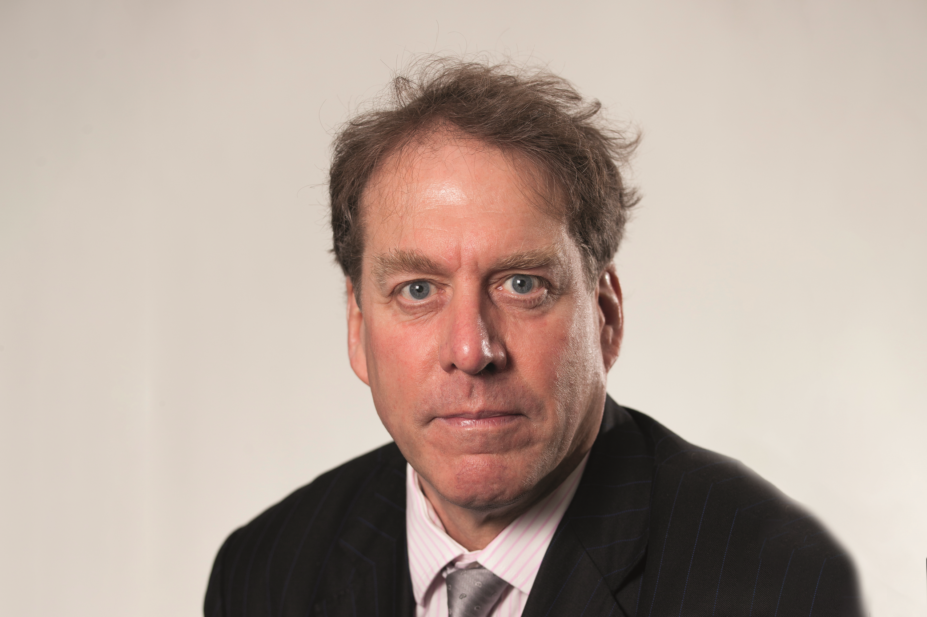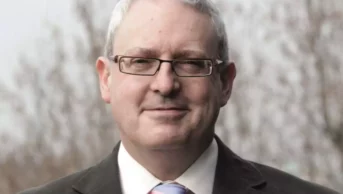
GPhC
Cutting the number of healthcare regulators would reduce costs and simplify the regulatory process, but care must be taken to ensure that each profession receives appropriate oversight the Royal Pharmaceutical Society (RPS) has said in its response to the Department of Health consultation on the future of healthcare regulation.
The government consultation, which describes the existing regulatory system as complex, out-of-date and in need of radical reform, sought views on how healthcare professional regulatory bodies could improve the protection of the public through more efficient, responsive and effective regulation.
Reducing the number of regulators
There are currently nine healthcare regulatory bodies in the UK, including the General Pharmaceutical Council, all of which have similar functions in relation to different professional groups but undertake these in different ways and under different legislative frameworks.
The smallest regulator, the Pharmaceutical Society of Northern Ireland has just 2,852 registrants while the largest, the Nursing and Midwifery Council (NMC), has 692,550 registrants.
The Department of Health and Social Care consultation outlined the view of all four UK governments that there was a case for reducing the number of regulatory bodies from nine, to just three or four, in order to deliver a more consistent approach to regulation.
The RPS agreed that there should be fewer regulatory bodies, and that, if fewer non-pharmacy regulatory bodies existed, professional body membership among the affected professions should be compulsory. The RPS pointed out advantages of reducing the number of regulators, including economies of scale; reduced registration fees; greater commonality; and consistency of shared multi-disciplinary standards and revalidation processes.
However, it said it did not believe that there was a case for merging pharmacy regulation with that of other professions.
“The RPS would not support a merger of the GPhC with any of the other regulators because of differences in education of other professional groups (Health and Care Professions Council, General Chiropractic Council, General Osteopathic Council) or dilution and loss of specialist regulatory knowledge (General Medical Council, NMC).
“The complexity and breadth of the roles pharmacists undertake mean that there are significant risks from merging pharmacy regulation with other regulators,” it said.
In its response to the consultation, the National Pharmacy Association (NPA) did not agree that a consolidation of some regulators would lead to further cost savings.
And it said it believed that, as the third biggest healthcare profession, pharmacy should be regulated within a standalone regulator, in line with the medical and nursing professions, and that it was concerned that large scale regulatory bodies may be less accessible to patients and the wider public and may not lend themselves to greater responsiveness.
“Community pharmacy is a sector of the pharmacy profession with its own unique rules and legislation. Having a distinct regulator for this profession ensures that the regulators – GPhC and PSNI – are well informed on the challenges and impact of some legislative changes on this sector,” said the NPA in its response.
Merger of GPhC with Irish body
The RPS said it would accept a merger between the GPhC and the Pharmaceutical Society of Northern Ireland (PSNI) as it would result in greater efficiency and reduced duplication. The RPS also said it could then provide the professional leadership function that is currently delivered by the PSNI.
It also said that consideration could be given to the Care Quality Commission taking over regulation of pharmacy premises so that consistent standards are applied.
The Guild of Healthcare Pharmacists (GHP) agreed that the two pharmacy regulators should come together and that the GPhC and PSNI should “be subject to a reassessment to determine the most appropriate level of statutory oversight”. It said that having one regulator for pharmacy would provide greater consistency of regulation for professionals moving from one part of the UK to the other.
The GHP also agreed that the RPS could offer professional leadership for pharmacists across all four UK countries.
Both the RPS and GPhC agreed that regulators needed to have a thorough understanding of the context of the professional groups they regulate, and this could be more difficult if the number of regulators were reduced.
In an opinion piece written for The Pharmaceutical Journal, Nigel Clarke, chair of the GPhC, suggested a variety of tests that “must be undertaken before decisions on regulating and deregulating groups can be made”. These tests include a model for assessing which groups are regulated and the degree of risk involved in the professional work of those who are regulated.
The Royal College of GPs said the current regulatory system can be “complicated, confusing and slow to react” and that it backed a move towards a simpler, more proportionate regulatory system “with greater consistency to reduce costs and the regulatory burden on practices”.
“Effective regulation should add value to patient care and not distract from the quality of their care,” said the college.
The Professional Standards Authority (PSA), the body that oversees healthcare regulators, said the current regulatory arrangements should be replaced with a “single assurance body” under which different regulatory bodies would exist, with a shared, public-facing register and core standards, providing a single destination for raising concerns.
This article was amended on 24 January 2018 to better reflect the GPhC’s consultation response.


